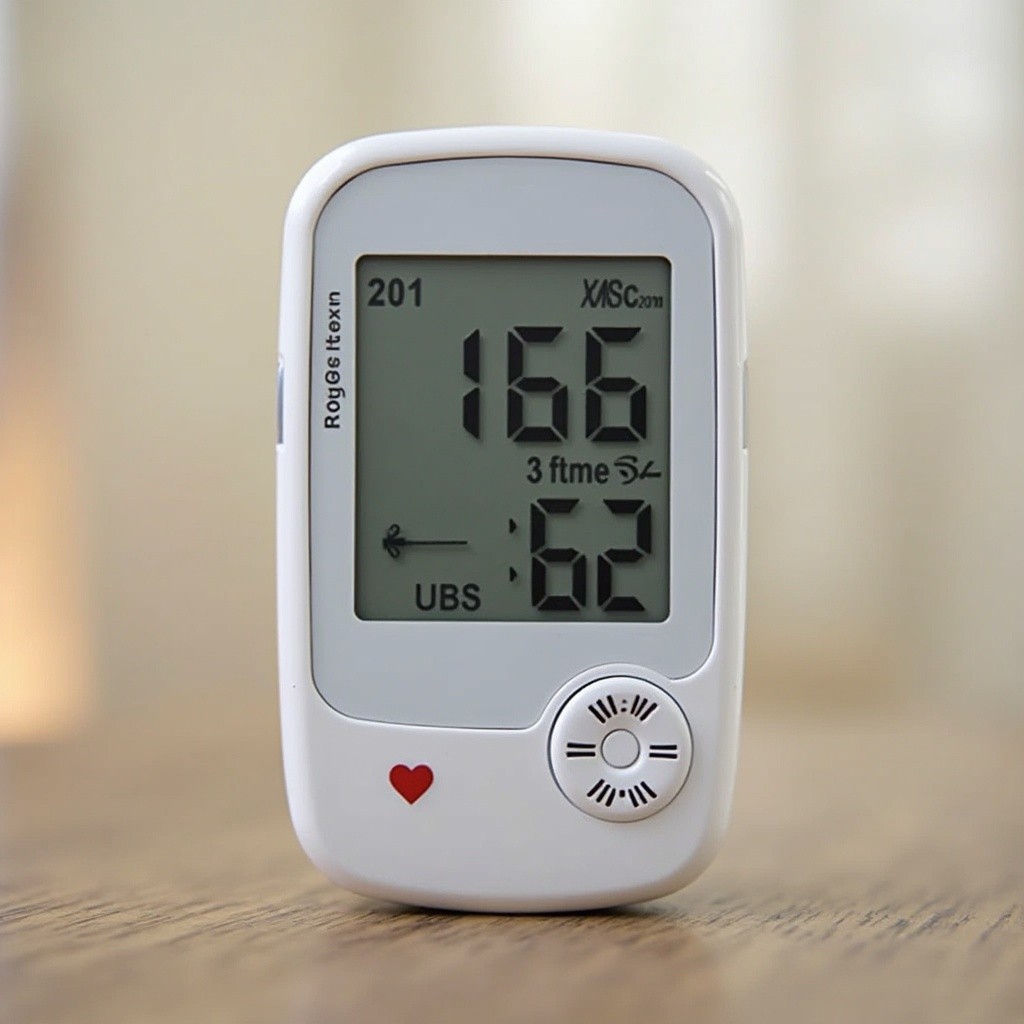Navigating the complexities of mental health can be a daunting task, especially when it involves conditions like bipolar disorder. With online resources providing readily accessible tools, understanding and diagnosing potential symptoms has become more approachable. Explore how online tests and subsequent treatment options can play a vital role in managing bipolar disorder effectively.

What Is Bipolar Disorder?
Bipolar disorder is a mental health condition marked by extreme mood swings that include emotional highs, known as mania or hypomania, and lows, or depression. These shifts can affect sleep, energy, activity, judgment, behavior, and the ability to think clearly. For those experiencing them, these mood swings can feel disorienting and overwhelming.
The two primary types of bipolar disorder are:
- Bipolar I Disorder: Characterized by manic episodes lasting at least seven days, or by manic symptoms severe enough to require immediate hospital care. Depressive episodes may also occur, typically lasting at least two weeks.
- Bipolar II Disorder: Involves a pattern of depressive episodes and hypomanic episodes, but not the full-blown manic episodes typical of Bipolar I Disorder.
It's important to note that bipolar disorder can impair daily functioning and relationships, making it crucial to seek professional help if symptoms are present. For more information on how to distinguish between ADHD and bipolar disorder, you can read about the 7 Questions That Separate ADHD From Bipolar Disorder.
Online Test for Bipolar Disorder
In today's digital age, online assessments provide a preliminary step for individuals questioning whether they might have bipolar disorder. These tests are designed to help individuals recognize symptoms and decide whether further medical investigation is required.
One such resource is the Online Mental Health Assessment, which provides a comprehensive overview of potential mental health issues including bipolar disorder. Additionally, the Bipolar Online Test offers fast, private, and professional results to guide individuals in understanding potential symptoms.
While online tests can be informative, they cannot substitute professional diagnosis. A mental health professional uses a combination of psychiatric evaluation and medical history to diagnose bipolar disorder accurately. An online test can serve as the first step towards seeking help but should be followed by consultation with a psychologist or psychiatrist.
What Types of Treatments to Get
Once diagnosed with bipolar disorder, many treatment options can help manage and reduce the severity of the symptoms. Here are some of the most common approaches:
- Medication: Mood stabilizers, antipsychotics, and antidepressants are commonly prescribed to manage the symptoms of bipolar disorder. Lithium is one of the most widely used mood stabilizers for treating manic and depressive episodes.
- Psychotherapy: Also known as talk therapy, this can be an effective treatment for managing bipolar disorder. Cognitive behavioral therapy (CBT) helps patients understand how their thoughts affect their behavior, providing ways to manage stress and negative thinking patterns.
- Lifestyle Changes: Regular exercise, a healthy diet, sufficient sleep, and stress management strategies can support overall mental health and stabilize mood changes.
- Support Groups: Engaging with others who have bipolar disorder can provide comfort and understanding. Sharing experiences and strategies with peers can foster a supportive community environment.
- Electroconvulsive Therapy (ECT): In cases where medication and psychotherapy are not effective, ECT can be recommended. It involves small electric currents passed through the brain to induce changes in brain chemistry that can improve symptoms.
Effective management of bipolar disorder frequently combines the above treatments to provide tailored support. Continuous monitoring and adjustments by health care professionals ensure that the treatment plan remains effective.
Living with Bipolar Disorder
Managing bipolar disorder is about maintaining balance and understanding one's condition. It involves a proactive stance in seeking support and adhering to prescribed treatments. A few practical tips include:
- Education: Learning about bipolar disorder can empower and equip individuals with the knowledge needed to handle mood changes.
- Routine: Establishing and maintaining a regular schedule can help stabilize mood swings.
- Stress Reduction: Techniques such as yoga, meditation, and deep-breathing exercises can be beneficial in managing stress.
- Healthy Relationships: Communication with family, friends, and support groups is crucial. These connections can provide ongoing support and encouragement.
- Regular Follow-ups: Attending scheduled appointments with healthcare providers allows for real-time assessment and adjustment of treatment plans.
The journey with bipolar disorder is ongoing, requiring dedication and support. By using available resources such as online tests, professional advice, and effective treatment plans, those affected can lead fulfilling lives.
Understanding bipolar disorder is the first step in the healing journey. The role of online tests in recognizing symptoms and the variety of treatments available can guide individuals to a path of stability and well-being. For anyone experiencing mood swings or seeking more insight, these tools and treatments provide valuable starting points for a hopeful and healthier future.




